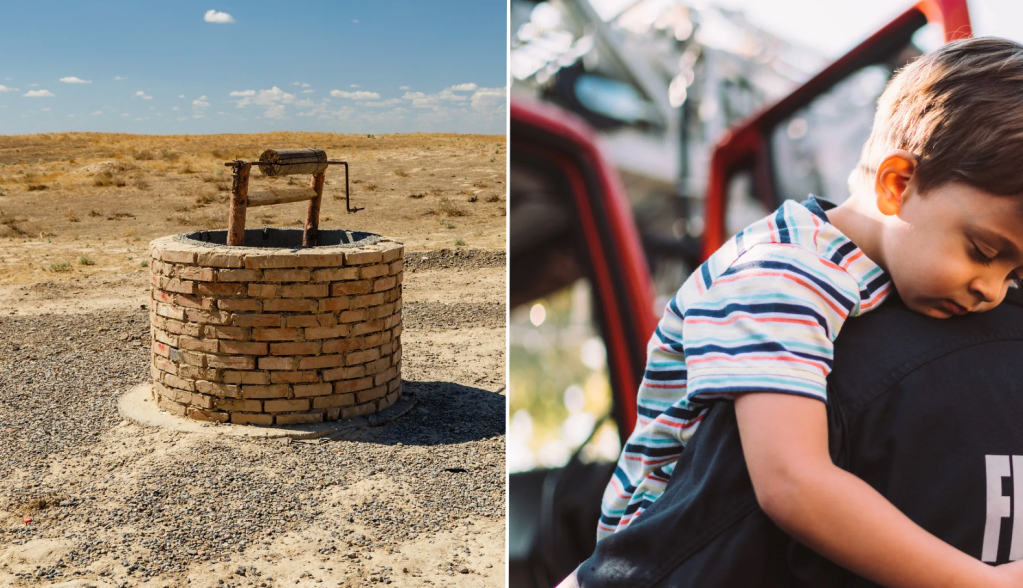The World Health Organization recently announced a big change to its International Classification of Diseases database, and that’s good news for trans people.
The ICD is a centuries-old catalog tracking pretty much every medical condition you could possibly think of. With the release of its 11th edition, the WHO moved gender incongruence — the diagnostic term applied to trans people — from the catalog’s mental health section to its new home under sexual health conditions.
In a video explaining the decision to reclassify the condition, Dr. Lale Say, the coordinator of the WHO’s Department of Reproductive Health and Research, explains that recent discoveries helped inform the action.
“It was taken out from mental health disorders because we had [a] better understanding that this wasn’t actually a mental health condition, and leaving it there was causing stigma,” she said. “So in order to reduce the stigma while also ensuring access to necessary health interventions, this was placed into a different chapter.”
The WHO’s official press release states that “evidence is now clear that it is not a mental disorder.” In other words, there are specific medical needs associated with being transgender, so it didn’t make sense to eliminate the diagnosis from the ICD completely. Exclusion from the ICD altogether could have resulted in trans people not being able to access things like hormone therapies and other transition-related care.
WHO’s move echoes that of other medical organizations that have come out in support of trans people in recent years.
As WHO’s release says, it is clear that being trans is not a mental disorder. Still, there’s a strong misconception that persists. In 2014, the American Psychiatric Association updated its Diagnostic and Statistical Manual of Mental Disorders (DSM) classification for trans people. What was once called “gender identity disorder” was updated to “gender dysphoria.” Why the change? It’s actually pretty similar to WHO’s rationale:
“DSM-5 aims to avoid stigma and ensure clinical care for individuals who see and feel themselves to be a different gender than their assigned gender. It replaces the diagnostic name ‘gender identity disorder’ with ‘gender dysphoria,’ as well as makes other important clarifications in the criteria. It is important to note that gender nonconformity is not in itself a mental disorder. The critical element of gender dysphoria is the presence of clinically significant distress associated with the condition.“
In 2014, the American Medical Association issued a resolution urging states to allow trans people to update identifying documents like birth certificates. The following year, they stated that there is “no medically valid reason to exclude transgender individuals” from the military (a call they renewed in light of President Trump’s trans military ban). In 2016, they called on insurance companies to cover transition-related health care as they would any other medically necessary treatment. In 2017, the AMA came out against the use of so-called bathroom bills meant to prevent trans people from “accessing basic human services and public facilities in line with one’s gender identity, including, but not limited to, the use of restrooms.”
Groups like the American Psychological Association, the American Association of Family Physicians, the National Association of Social Workers (whose position is gender dysphoria should be removed from the DSM entirely), the American Public Health Association, the National Commission on Correctional Health Care, and the World Professional Association for Transgender Health have all come out in favor providing affirming care for trans people.
The idea that trans people simply have a “mental disorder” is misleading and inaccurate.
Mental health is a fraught topic in the U.S., and the stigma surrounding it leads to some unfortunate misconceptions. Some may see the words “mental health” and conclude that whatever the problem is, it’s all in a person’s head and doesn’t stem from a physical or biological origin. Of course, that’s not the case. The same is true of being transgender.
The data is there to prove it. In 2014, writer Brynn Tannehill published an article defending the biological origins of gender dysphoria. Tannehill was writing in response to an article published by Fox News in which the author argued that transgender people simply didn’t exist. Tannehill’s rebuttal was jam-packed with data — citing 15 different studies supporting the idea that there is a biological basis to being transgender.
The science clearly favors one side: the side that believes trans people are who they say they are, the side that believes trans people should have access to medical care and legal protections against discrimination.
You may be asking yourself what this means for your everyday life. The answer: probably nothing, especially if you’re not trans.
Being trans means having your existence and your identity constantly put up for debate. As someone who is trans, I know this well. It’s exhausting, and too often, people will try to dispute my own existence (or the validity of it, at least) by citing “science.” The truth is that it’s just recently that “science” is coming to strong conclusions about trans people — and these new findings dispute the anti-trans arguments.
For decades, much of what we knew about gender dysphoria and its origins was based solely on a handful of imperfect studies put out by just a handful of imperfect researchers. Many of their dated, harmful, and highly disputed findings foster stigma that still exists today. The importance of groups like the World Health Organization, the American Psychiatric Association, and the American Medical Association taking affirmative stands in support of trans people is that it reflects a better understanding of who trans people are and the evolving science around the issue.
We exist. It’s science.

























